Barring a u-turn from the Hungarian government, demonstrators will return to the streets of Budapest this afternoon to oppose Prime Minster Viktor Orban’s plans to tax the internet
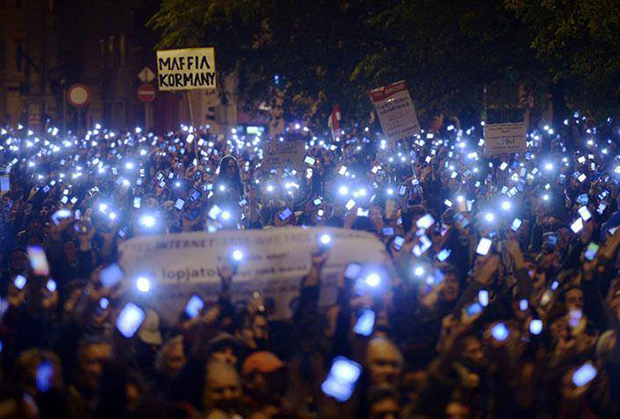

Barring a u-turn from the Hungarian government, demonstrators will return to the streets of Budapest this afternoon to oppose Prime Minster Viktor Orban’s plans to tax the internet
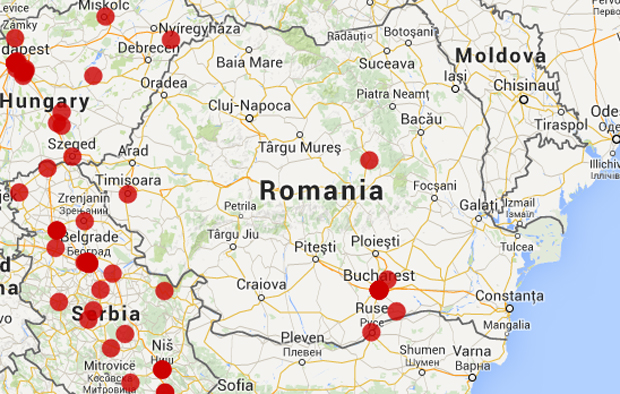
As Romania heads into its election season, its television and radio regulator languishes. Zoltan Sipos reports on the trouble ahead
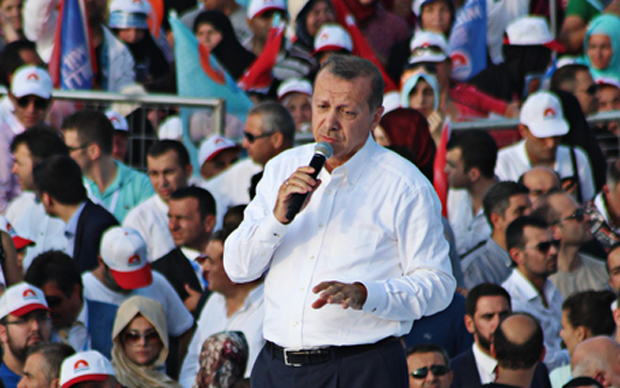
Turkey’s new internet restrictions — rushed through in early September — spell trouble for the country’s press. Catherine Stupp reports.
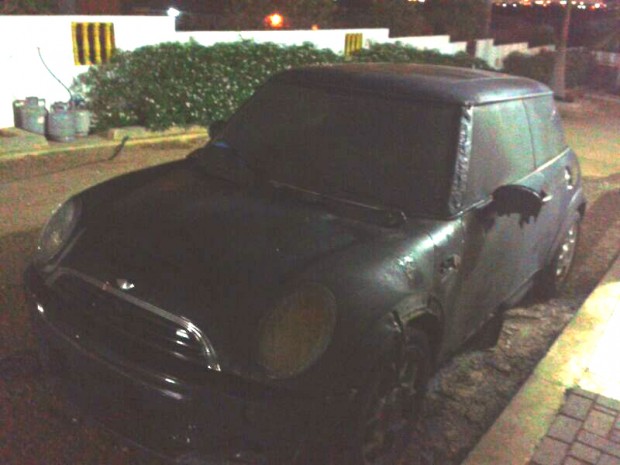
The Dutch Caribbean island is far behind on press freedom, writes Mitra Nazar
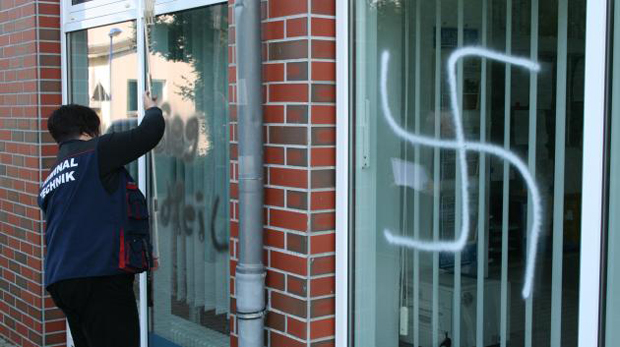
On the night of September 4-5, the daily newspaper Lausitzer Rundschau became victim to a crime by now familiar to its employees. Catherine Stupp reports.
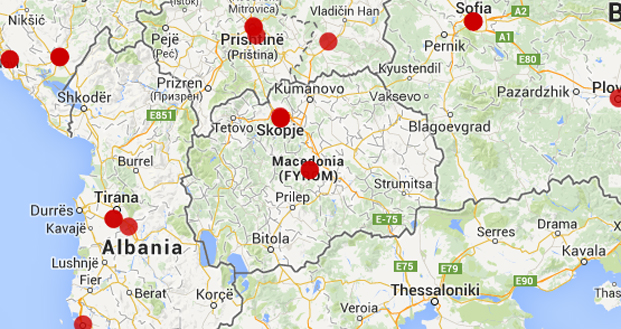
In Macedonia, concerns have been raised over the new round of amendments to the Law on Audio and Audiovisual Media Services (LAAMS). Christina Vasilaki reports
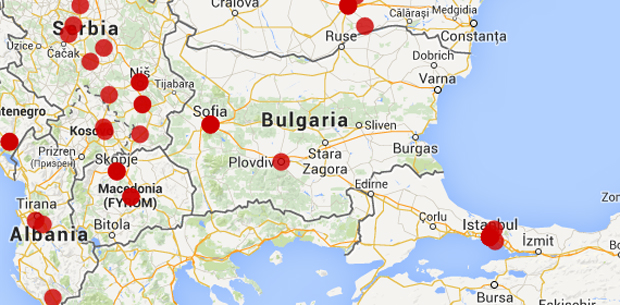
Bulgarian journalists covering the financial beat can breathe freely as the most controversial parts of the so-called “bank censorship” amendment to the Criminal Code have been removed by the legal committee of the National Assembly. Zoltan Sipos reports
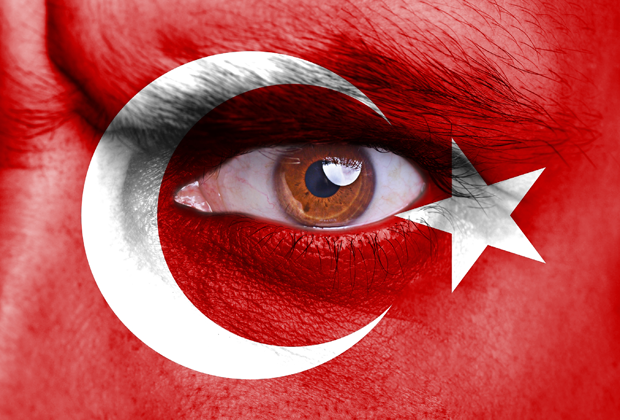
Since the beginning of this year, cases of assault against journalists, legal threats and lay offs worsened Turkey’s already precarious state of press freedom. Catherine Stupp reports
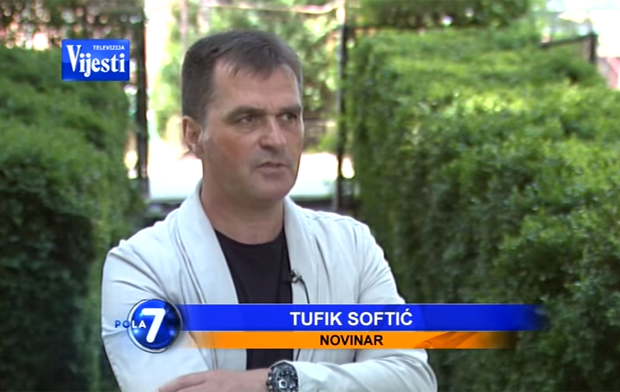
Seven years after the brutal attack that nearly took the life of journalist Tufik Softic, Montenegrin police detained two men suspected of involvement of his attempted murder. For media unions and observers, the detentions were long overdue, but emblematic of the atmosphere of impunity in Montenegro.
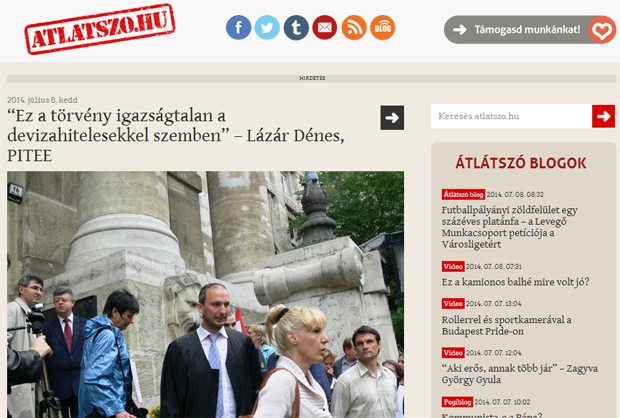
Hungarian NGOs are facing a rough summer: The Government Control Office (KEHI) has launched a series of investigations into grants they received from the Norway Financial Mechanism.
Mapping Media Freedom – a major Index on Censorship project and a joint undertaking with the European Federation of Journalists and Reporters Without Borders, partially funded by the European Commission – covers 42 countries, including all EU member states, plus Bosnia, Iceland, Kosovo, Macedonia, Montenegro, Norway, Serbia, Turkey, Albania along with Ukraine, Belarus and Russia in (added in April 2015), and Azerbaijan (added in February 2016). The platform was launched in May 2014 and has recorded over 3,000 incidents threatening media freedom.
Violations, censorship and needs of threatened journalists in Europe
Journalists and media workers are confronting relentless pressure simply for doing their job. Mapping Media Freedom identifies threats, violations and limitations faced by members of the press throughout European Union member states, candidates for entry and neighbouring countries. Learn more.